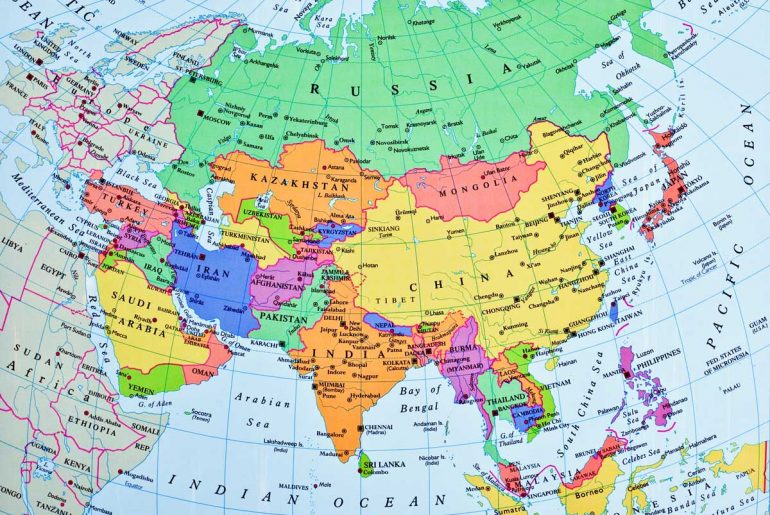To answer the title; most likely not.
However, Russia to me seems to be perceived very differently here in Asia than in Europe where I am from. Here, Russia is respected, both for its humanitarian contributions and collaboration commitments in the region, but somehow, I also think it is because of its authoritarian and nationalistic intent. In some Asian countries, it seems to be a sweet spot between a well-functioning democracy and military superpower to count with when necessary, a country that stands up for its inhabitants and culture. Components many Asian countries did not achieve for decades, and many still lack if you ask them.
So, why is Russia not seen in a better light in the West? I think is because of two main reasons, namely;
- Culture and language.
- The fall of the Soviet Union.
When it comes to culture and language, I think most of us can recognise ourselves in the idea of “us and them” to some extent. (An awful idea from the very beginning of course, but we are just tribe animals after all).
However, the idea of “us and them” becomes particularly clear when considering regions and countries. Because, often regions and countries exchange goods and services with one another, collaborate with one another, and thereby often somehow evolve together in language, culture and societal structure and functioning. The Scandinavian countries, North America and Euro-Asian countries are all good examples where you can find a lot of similarities across the boarders simply because they have a long common history together.
To my point, if countries do not have any exchange, they will naturally divert from one another in terms of language, culture and societal structure and functioning. When this happens, it is easy to understand that it becomes harder to collaborate as neither the objectives or systems are aligned because of different culture and societal structure. There is simply no common ground for a common path onwards.
As such, it may be that any common global goal or agreements between whole trade regions are more of an achievement, rather than something to expect to happen by itself.
I argue that this is what has happened in the world where we even today can spot a clear West and East Bloc. However, if that is the case, how did we end up here?
Some argue it all started with the Cold War and the fall of the Soviet Union, a historic moment where the West, particularly the USA (because they still had a functioning state and infrastructure to produce goods), could have chosen to deliberately support them economically – and still war destroyed eastern countries. Instead, they decided for the opposite, to terminate the competing superpower for good. A decision we still struggle with today as great power creates envy and a hunger for revenge.
To sum up, Russia’s military aggressions are unacceptable, however, Russia is more than an authoritarian leader. A lot of good intentions are there as well, most of them naturally flourish here in Asia where Russia is somewhat more appreciated and culturewise closer, especially to the central Asian countries.




